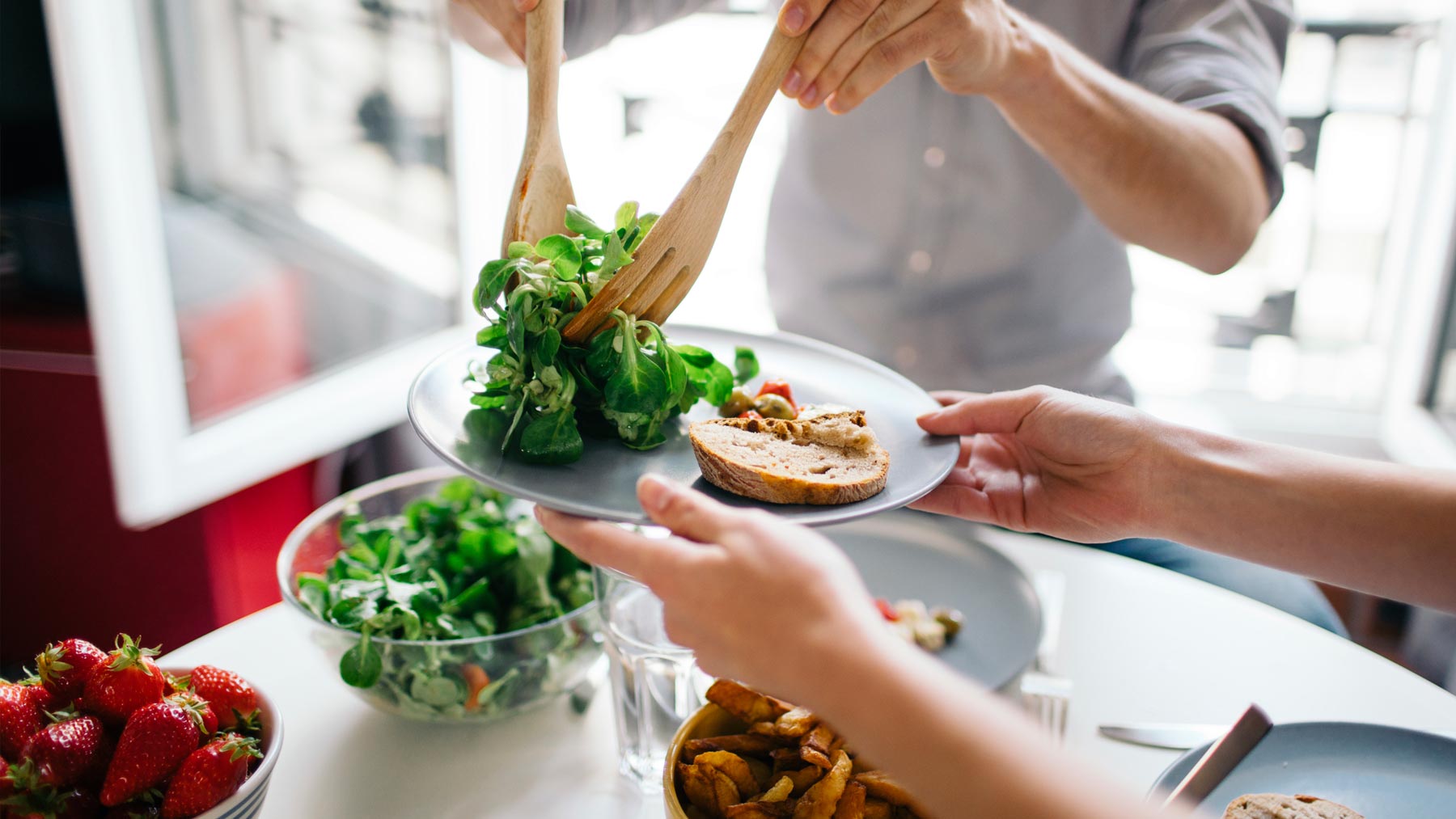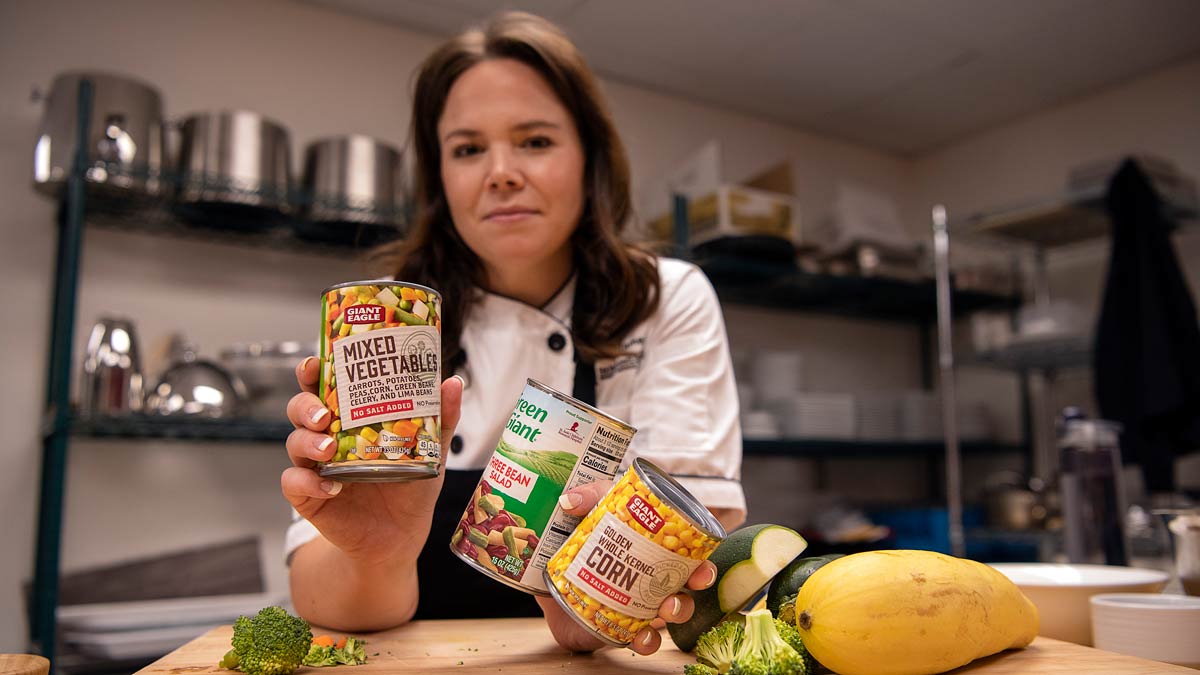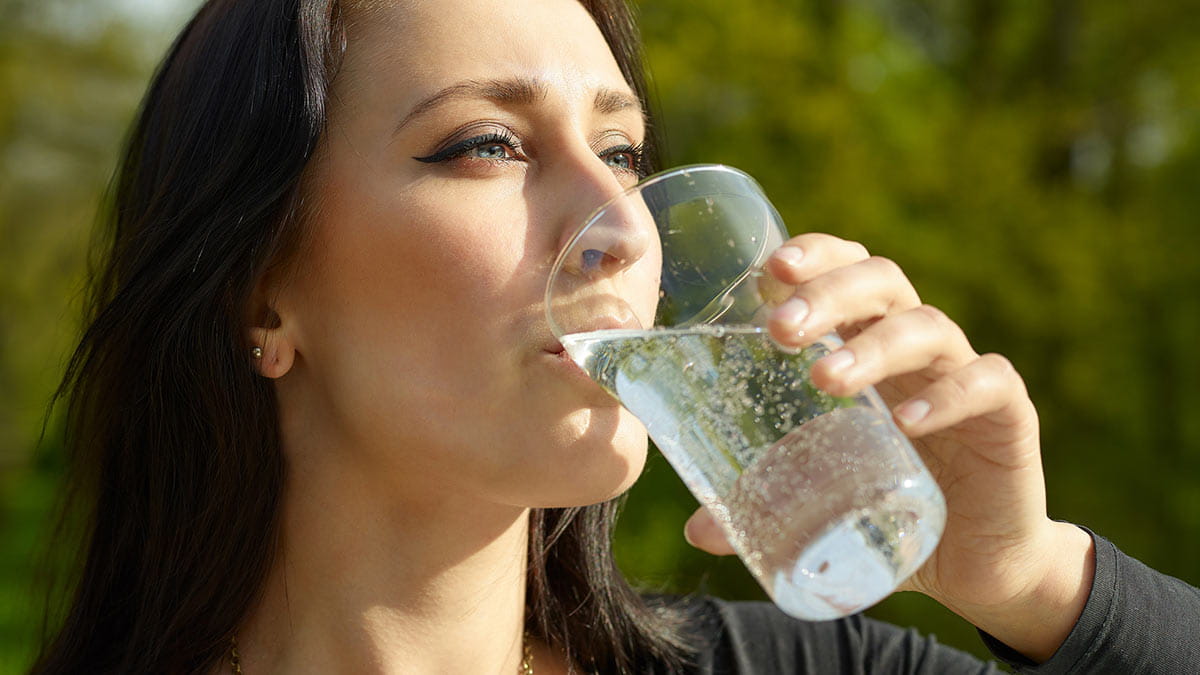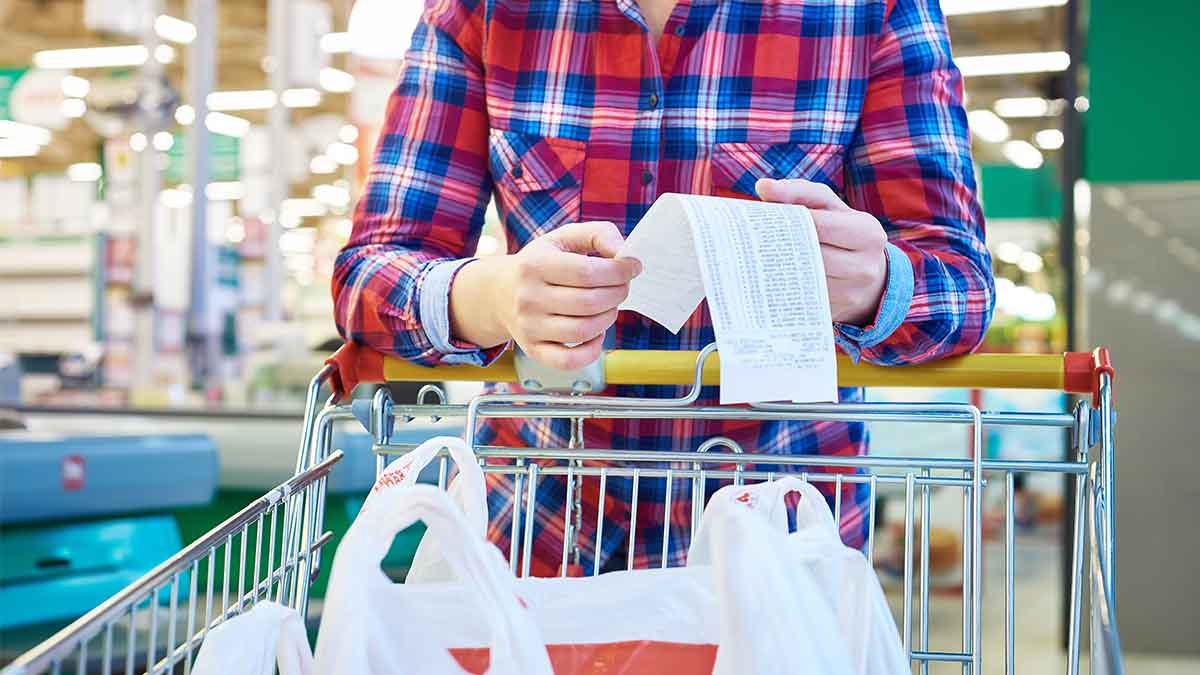Top 5 myths about eating with diabetes

Do a quick online search and you’ll find thousands of diets, tips, products and tricks claiming to lower your blood sugar or even "cure" diabetes.
A diabetes dietitian at The Ohio State University Wexner Medical Center says she’s heard them all.
“Getting diagnosed and living with diabetes is challenging, and we’re human, we want an easy fix that works for us. But there’s a lot of misguided advice.”
That’s from Elizabeth Snyder, a registered dietitian and certified diabetes educator at Ohio State Wexner Medical Center.
“While some of it is harmless, other things such as supplements could be harmful because we can’t guarantee what’s in them,” she says.
Snyder explains there are two types of diabetes. With Type 1, the body doesn't produce enough insulin, which is necessary for breaking down sugar that's used for energy. Type 1 diabetes is not preventable and is typically diagnosed in children, teens and young adults.
With Type 2 diabetes, the body doesn't properly use the insulin it makes. Type 2 diabetes usually occurs in adulthood and is often preventable by making healthy lifestyle choices including a healthy diet and regular exercise.
If you’re worried about someone you love getting bad diabetes information or you’ve personally encountered confusing quick-fix claims, share our expert’s guidelines that you can trust for eating with diabetes – for both Type 1 and Type 2. Hint: The advice doesn’t differ much from eating healthy without diabetes!
Snyder explains the five most common misconceptions she hears when it comes to eating with diabetes:
‘Now I can’t eat carbs’
People with diabetes often think they must give up carbohydrates, but Snyder says it’s not true.
- Carbs are an important source of energy for the body and one of the best sources of fiber.
- It’s the type of carbohydrate that makes a difference: Simple carbs, such as white bread, juice and candy send blood sugar levels on a roller coaster ride and make it hard to manage the disease.
- Complex carbohydrates, such as whole grain bread, beans or a potato with its skin, have fiber that helps keep blood sugar levels even until the next meal.
‘Eating gluten-free prevents/cures diabetes’
Snyder says there is no evidence to support this.
- Gluten is a protein that provides elasticity and volume in baked goods.
- Gluten-free foods are actually denser and, therefore, have more carbohydrates per serving.
‘Green vegetables will lower blood sugar’
While they are healthy foods, green vegetables such as broccoli, green beans, lettuce, etc. won’t bring down blood sugar on their own, Snyder says. There’s often something else happening.
“As we investigate into those stories, we often find the patient went for a walk after dinner, or they mowed the lawn, or did something else active. It was the added activity that helped their blood sugar, not necessarily the food by itself,” she says.
‘Sugar-free foods won’t raise blood sugar’
The ice cream container might say sugar-free, but that doesn’t mean carbohydrate-free.
- Attractive food packages don’t tell the whole story. Turn them over and know what to look for.
- The two most important things: serving size and total carbohydrates.
‘I can cleanse away diabetes’
From citrus and celery root to drinking vinegar, Snyder says she’s heard about dozens of cleanses that claim to lower blood sugar or get rid of diabetes.
“Are these home remedies harmful? Probably not, but we know they’re not the healthiest choice for your body. You can’t do this one piece and not do the other good things to manage your diabetes,” she explains.
So, what does work?
“The bottom line is there’s no magic cure,” Snyder says. “The first thing I tell people is the advice I’m giving you is the same advice I’d give to your twin who didn’t have diabetes.”
Here are her tried-and-true tips:
- Have a balanced plate at every meal: lean protein, a non-starchy vegetable and a carbohydrate like fruit or whole grains.
- Don’t skip meals. When you do, your body has to work harder. Once you finally eat, it’s often so much that your body can’t use all of the carbohydrates and has to store them.
It’s advice that Jim Meoak, 59, of Westerville, Ohio, has taken to heart.
When he was diagnosed with Type 2 diabetes four years ago, he found out he needed help navigating all of the information available.
“Like everybody else, I searched online to find out what to do. You know, there’s a lot of ‘use this diet’ or ‘take these pills’ and so on out there,” Meoak says. “Then the dietitian explained everything to me – what’s good, what’s bad, what you have to look for, and it really helped me see that it’s a lifestyle change and you have to be regimented about it.”
Snyder recommends that if you want additional online resources for diabetes advice, choose well-established sites with solid, up-to-date and scientific medical advice such as the American Diabetes Association or the National Institute of Diabetes and Digestive and Kidney Diseases.




